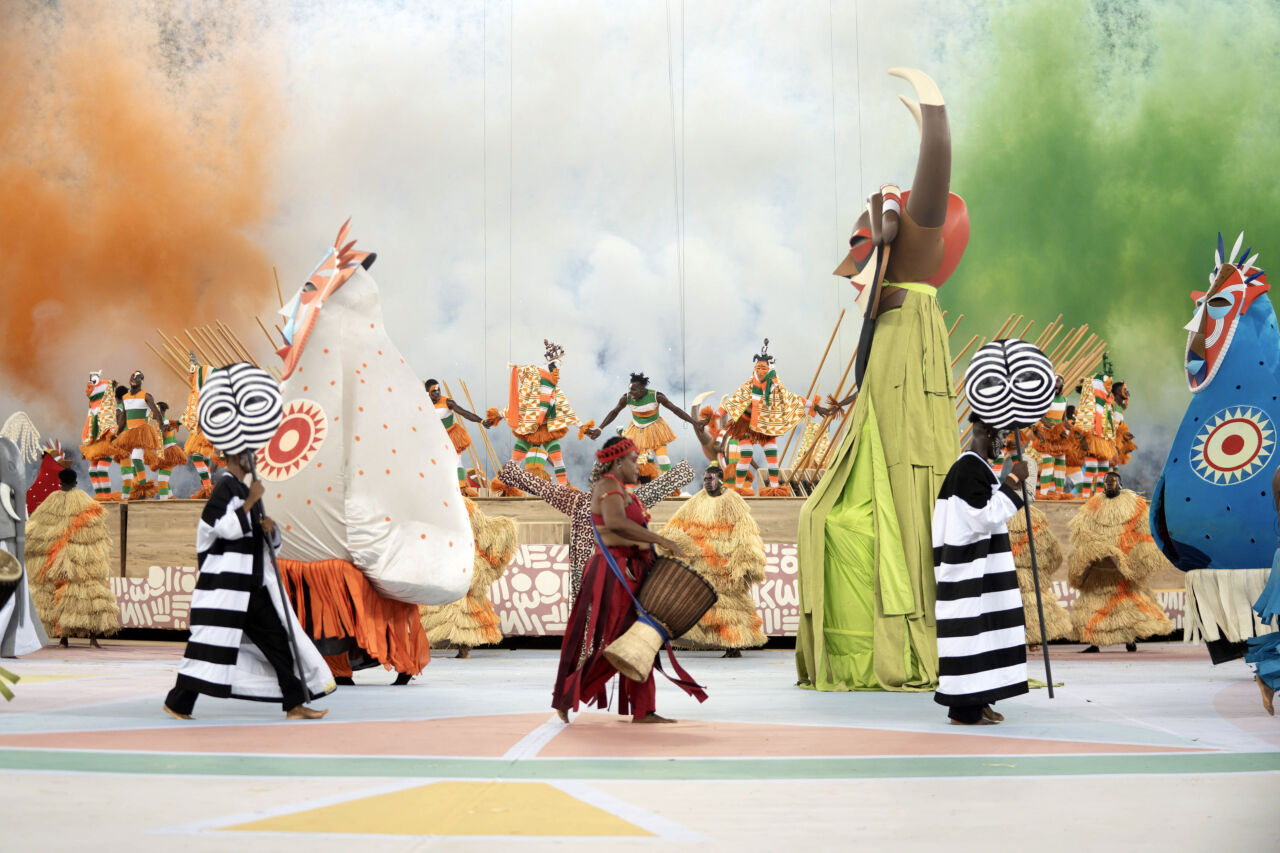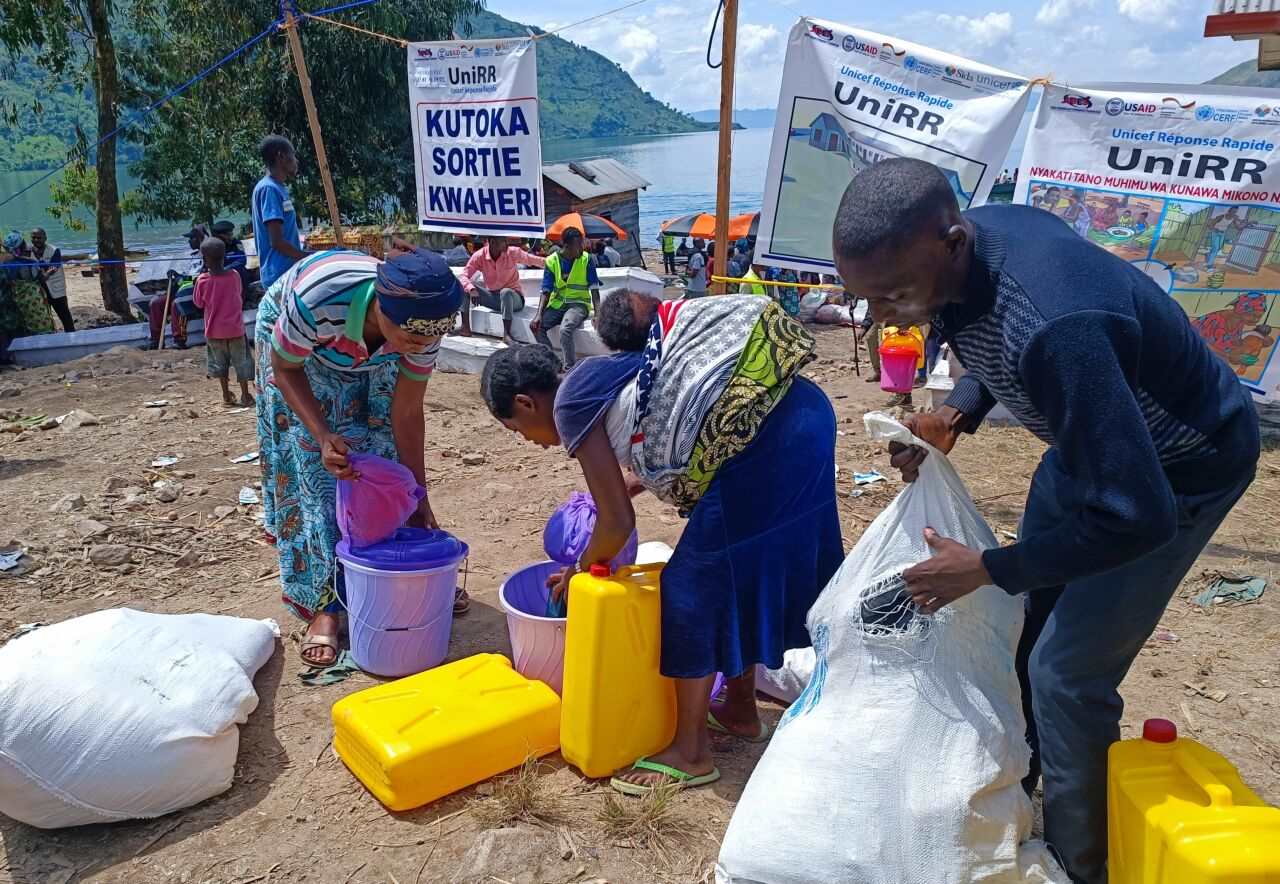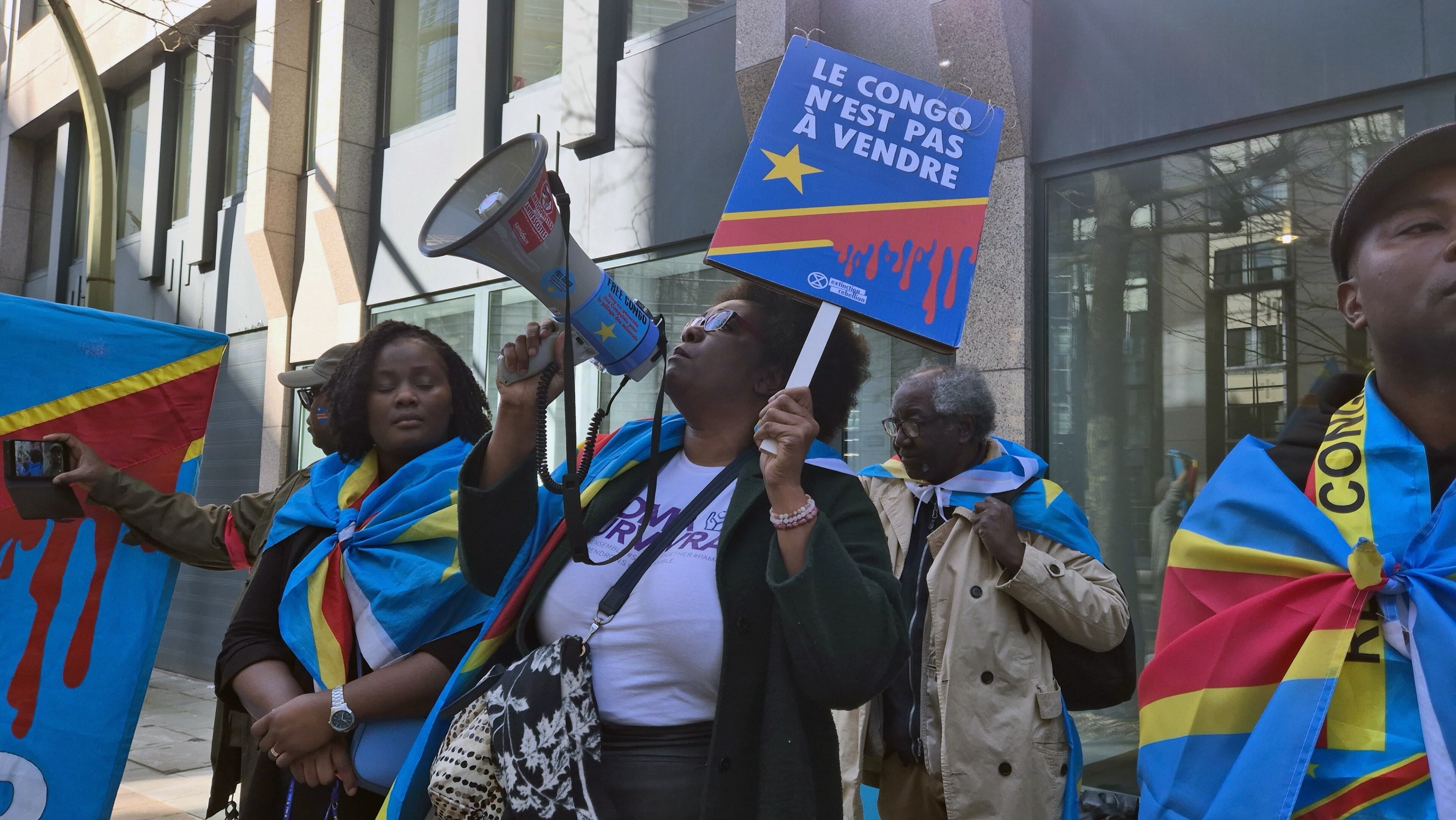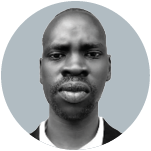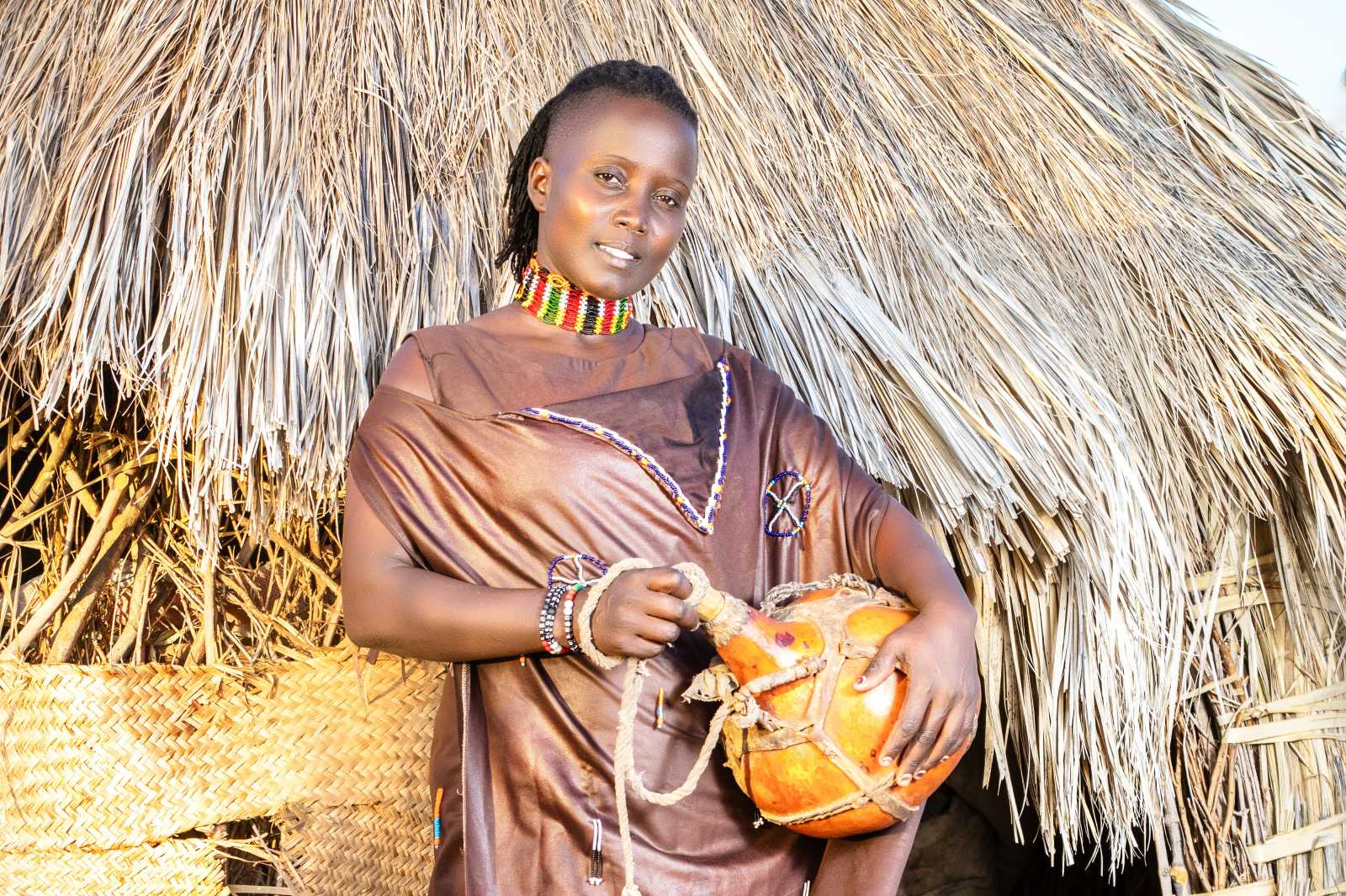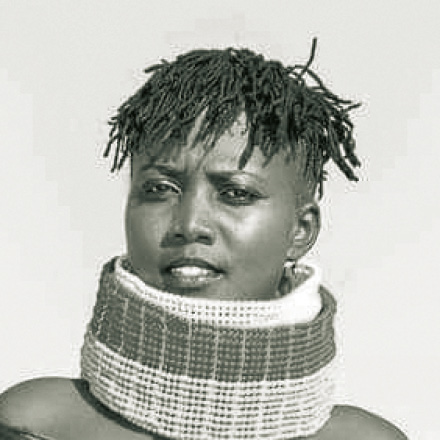Conflict
The international community must pay attention to the DRC
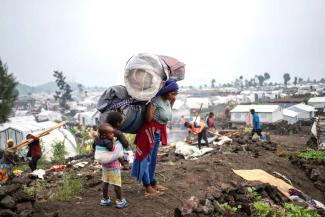
Rich in natural resources, the east of the DRC has been plagued by strife for more than 30 years. The causes of the conflict lie in colonial exploitation and the struggle for resources.
There are over 120 rebel groups in this part of the country. M23 is the most powerful. The group’s name goes back to the peace agreement of 23 March 2009 between the Tutsi-led National Congress for the Defence of the People (Congrès national pour la défense du peuple – CNDP) and the Congolese government. Both M23 and CNDP claim that the Congolese Tutsi and other ethnic communities in the east of the DRC are discriminated against. They are considered to be of Rwandan descent and are commonly referred to as “Rwandophones”. The agreement was to facilitate the integration of CNDP members into the government, transform the group into a political party and resettle Congolese Tutsis who had fled from hostility and violence to neighbouring countries. Non-compliance with the agreement led to the formation of the M23 in 2012, which launched its first uprising in the same year.
Over the past ten years, there have been numerous multilateral interventions in the region, including the United Nations Organization Stabilization Mission in the Democratic Republic of the Congo (MONUSCO) with more than 16,000 staff and the East African Community Regional Force (EACRF). Several peace processes, led for example by former Kenyan President Uhuru Kenyatta and Angolan President João Lourenço, have not produced any tangible results.
While some smaller rebel groups have agreed to a ceasefire and disarmament, the M23 remains the biggest challenge, with President Félix Tshisekedi refusing to engage in talks. It is no secret that at the heart of this conflict are the DRC’s vast mineral resources, particularly in the eastern region of North Kivu. Minerals such as cobalt, gold and tin are crucial raw materials for modern technologies and the energy transition. According to UN estimates, at least 120 tonnes of coltan are transported from the M23 via the border town of Goma to Rwanda every month. UN experts estimate that the M23 finances itself with around $ 300,000 per month by controlling the mineral trade in the DR Congo.
The M23 is accused of severe violence in the current conflict, including mass rape and the use of child soldiers both in the fighting and in mines.
Rwanda’s role
In 2023, the DRC filed a complaint against Rwanda with the African Court on Human and Peoples’ Rights (AfCHPR). Credible reports, including an investigation conducted by UN experts in 2022, prove Rwanda’s involvement in the current conflict, although Kigali continues to deny this. On 11 February 2025, the European Parliament adopted a joint resolution condemning the violence in eastern DRC and recognising Rwanda’s backing of the M23 and the presence of 3000 to 4000 Rwandan soldiers. The resolution condemns the attacks on civilians by all actors and describes the illegal occupation of Goma and other areas by the M23 and the Rwandan defence forces as a violation of the sovereignty of the DRC, explicitly calling on Rwanda to stop supporting the M23 rebels.
The resolution contrasts with previous actions by the EU. A year ago, the EU signed a controversial Memorandum of Understanding with Rwanda to promote sustainable and resilient value chains for critical raw materials, despite numerous reports that already incriminated Rwanda in the lingering conflict.
The resolution is certainly a step in the right direction, but the inconsistent messages from the international community have so far been counterproductive when it comes to holding Kigali and other actors accountable. Regional efforts have not been effective either. To achieve lasting peace, the international community must take a strong role and use diplomatic means to bring those responsible for the violence to justice.
This path is difficult, but not impossible. Both Kinshasa and Kigali must be forced to engage in diplomacy and held accountable for their roles in the conflict. The concerns related to the exploitation of resources need to be addressed. Other actors should follow the European Parliament’s example, as such measures will strengthen efforts towards regional stability. In the meantime, considerable efforts must be made to protect the lives and property of the civilian population until a lasting solution is found.
Miriam Ogutu is a Pan-African journalist, international relations analyst and communication strategist.
missogutu@gmail.com

